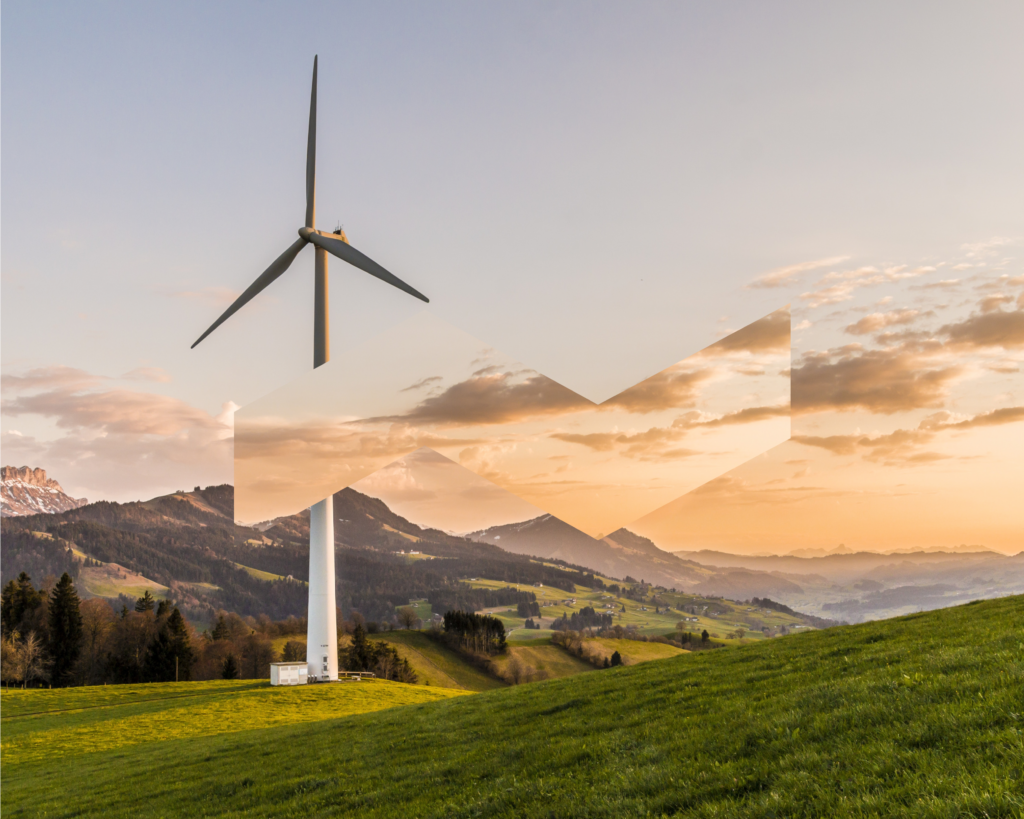Jukka Leskelä of Finnish Energy illuminated Finland’s climate-neutral energy landscape, underscoring the imperative for innovation and collaborative endeavors. Risto Kuusi from Fingrid provided valuable perspectives on the energy transition, emphasizing the necessity of adapting infrastructure to accommodate renewable energy sources within the electricity grid. GE2 ecosystem’s selected project results were showcased, including approaches to carbon capture and utilization from a legal perspective by Tiina Paloniitty from the University of Helsinki, the Hygcel project by Hannu Karjunen from LUT University, and EU co-funded Baltic Sea H2 project by Jatta Jussila from CLIC Innovation.
Professor Riitta Keiski of the University of Oulu, serving as the Seminar’s Guest of Honor, offered profound insights into the historical backdrop and future trajectories of CCU research, accentuating its pivotal role in advancing sustainability.
The subsequent panel discussion, featuring esteemed figures such as Riitta Keiski, Lars Peter Lindfors from Neste Oyj, Jarmo Heinonen from Business Finland, and Jatta Jussila from CLIC Innovation Oy, scrutinized the role of research, development, and innovation (R&D&I) in navigating the path towards a climate-neutral energy future. Central to the discourse was the indispensable need for intensified collaboration, skill enrichment, and a paradigm shift towards entrepreneurial ethos and societal impact to expedite the energy transition. Notably, the panel underscored the significance of integrating business perspectives and investor insights into academic research alongside fostering an enabling regulatory framework.
During the seminar, panelists identified several key challenges, each underscoring the complexity of the energy transition. These challenges include the need for a regulatory environment that supports, rather than stifles, innovation and the importance of maintaining technological neutrality to ensure all potential solutions are explored. The conversation also highlighted the essential role of international cooperation and the integration of diverse perspectives to accelerate the transition.
Five pivotal themes emerged from the discussions, each warranting special attention
Addressing Challenges in Green Transition: Notably, the imperative of collaborative efforts and public-private partnerships in surmounting challenges, particularly pertinent for smaller nations like Finland, resonated strongly. The urgency lies in accelerating research and development while bolstering support mechanisms, especially for SMEs.
Catalyzing Transition: The call for a business-oriented regulatory milieu, delineating clear incentives for renewable energy investments, emerged as a key priority. Concerted collaboration across diverse sectors is deemed indispensable for expediting the transition to sustainable energy, underscoring the importance of pragmatic regulatory frameworks that stimulate innovation without unduly constraining technological pathways.
Enhancing Collaboration and Regulatory Pragmatism: The imperative for enhanced collaboration among stakeholders, coupled with pragmatic, market-oriented regulations that foster industry transformation, garnered unanimous support. Closer integration between academia and industry emerged as a recurring theme with a sharper focus on commercialization and market impact.
Fostering Entrepreneurial Skills and Societal Impact: Recognizing the need for skills beyond conventional research acumen, there was a resounding call for fostering entrepreneurship, business acumen, and an ethos of societal impact. A cultural shift towards valuing commercialization and market relevance alongside academic rigor is deemed essential, necessitating early alignment with business demands and opportunities in the R&D&I continuum.
Cultivating Optimism and Momentum: Encouraging signs of progress, such as universities increasingly prioritizing industry collaboration and societal relevance, instilled optimism. The burgeoning interest among younger generations in effecting tangible change beyond academic realms augurs well for the transition. Initiatives fostering digital communities for cross-sectoral collaboration and knowledge exchange hold promise in propelling the sustainable energy agenda forward.
The seminar presentations and panel deliberations underscored the importance of collaboration, pragmatic regulation, and skill enhancement in expediting the transition to climate-neutral energy while being aware of the multifaceted challenges confronting stakeholders across the spectrum.

